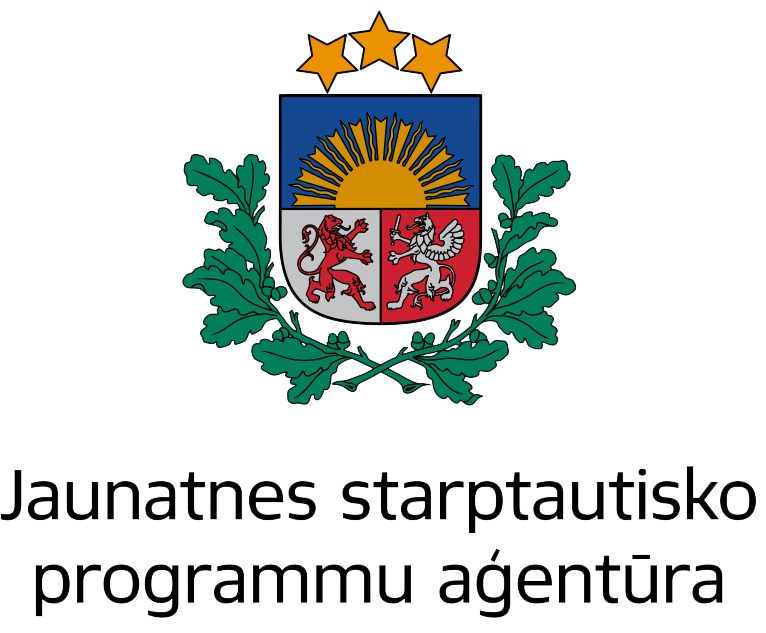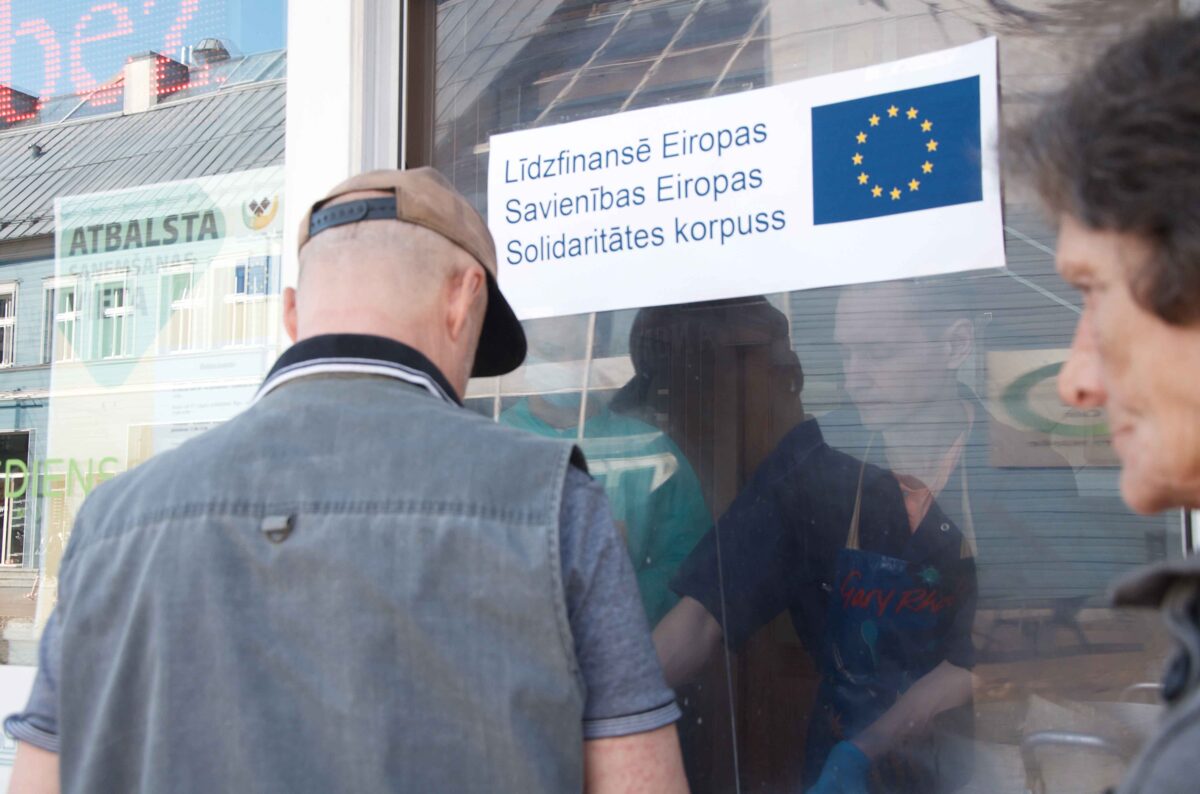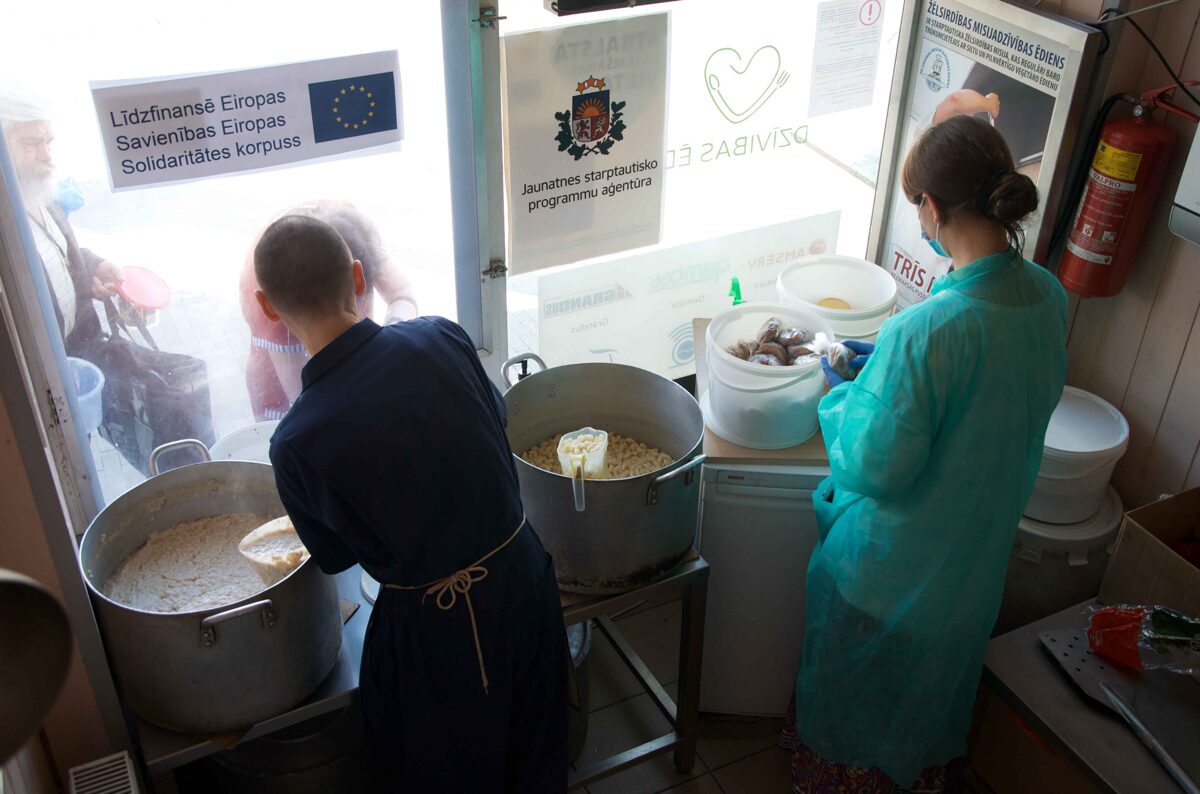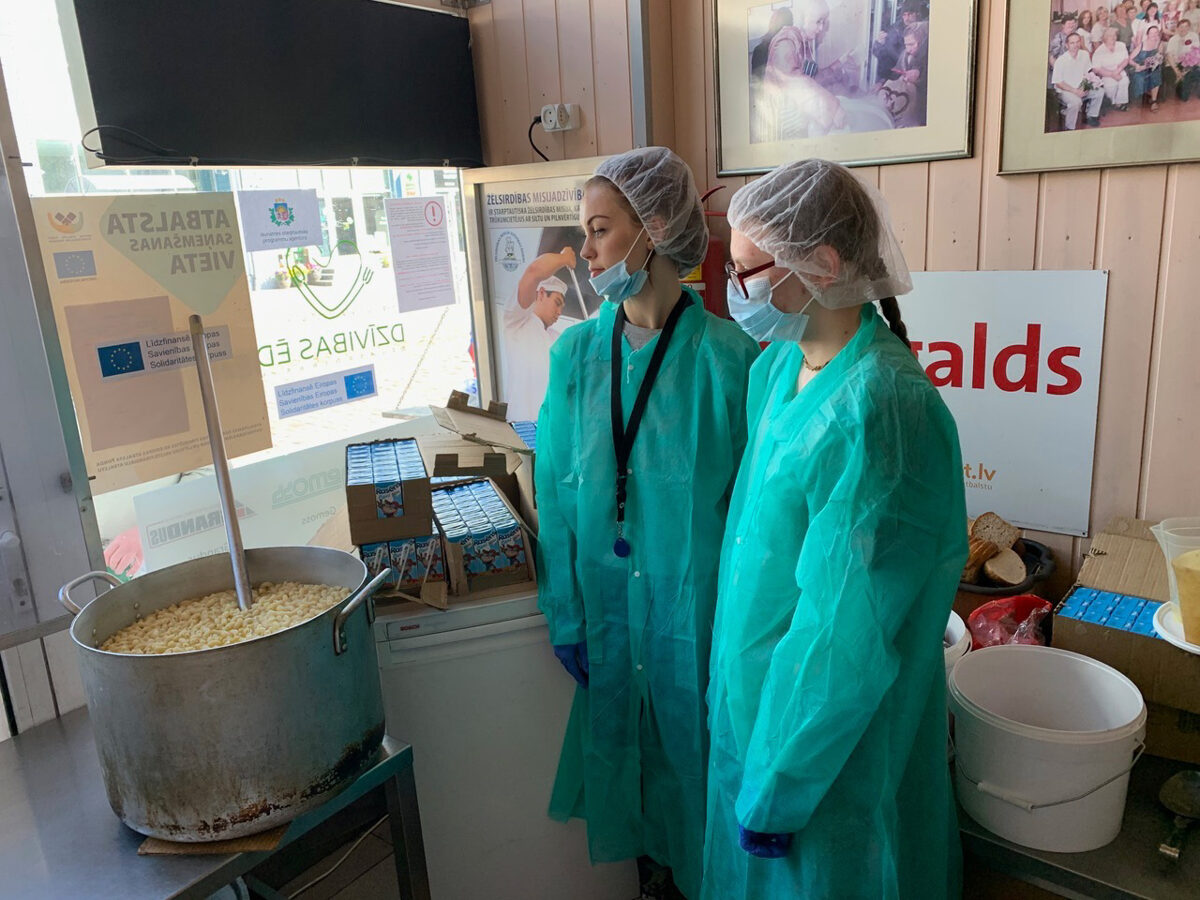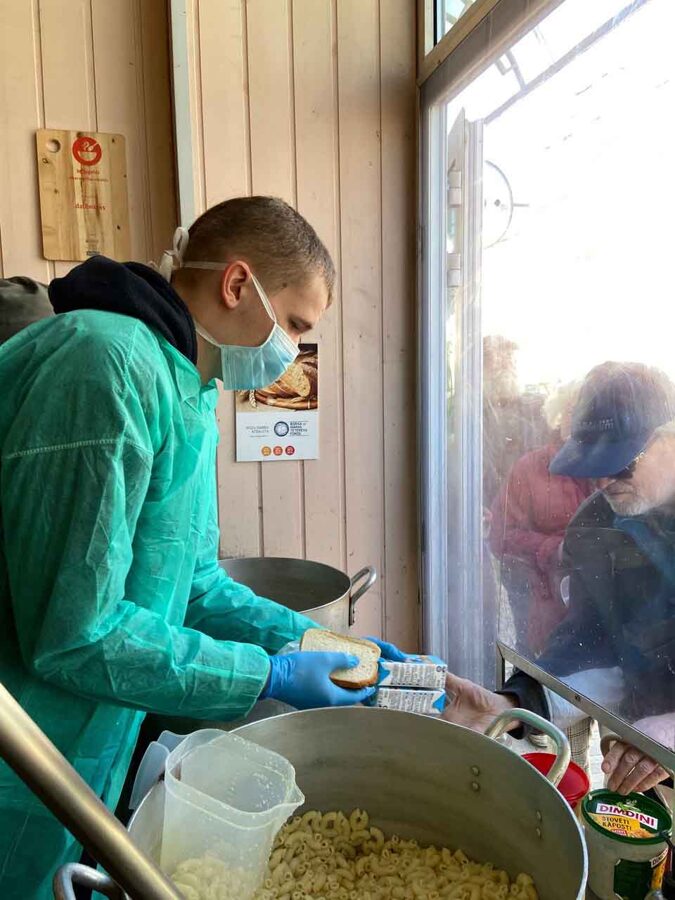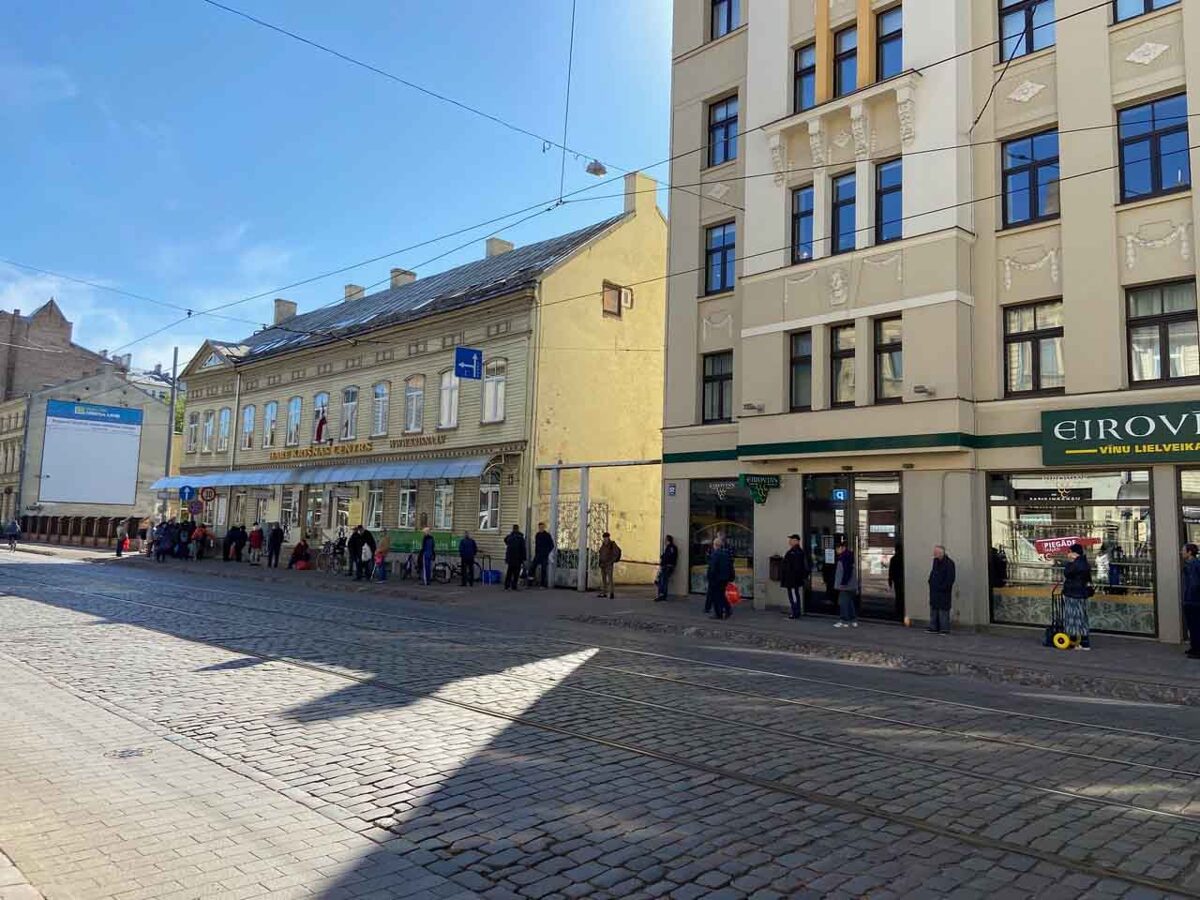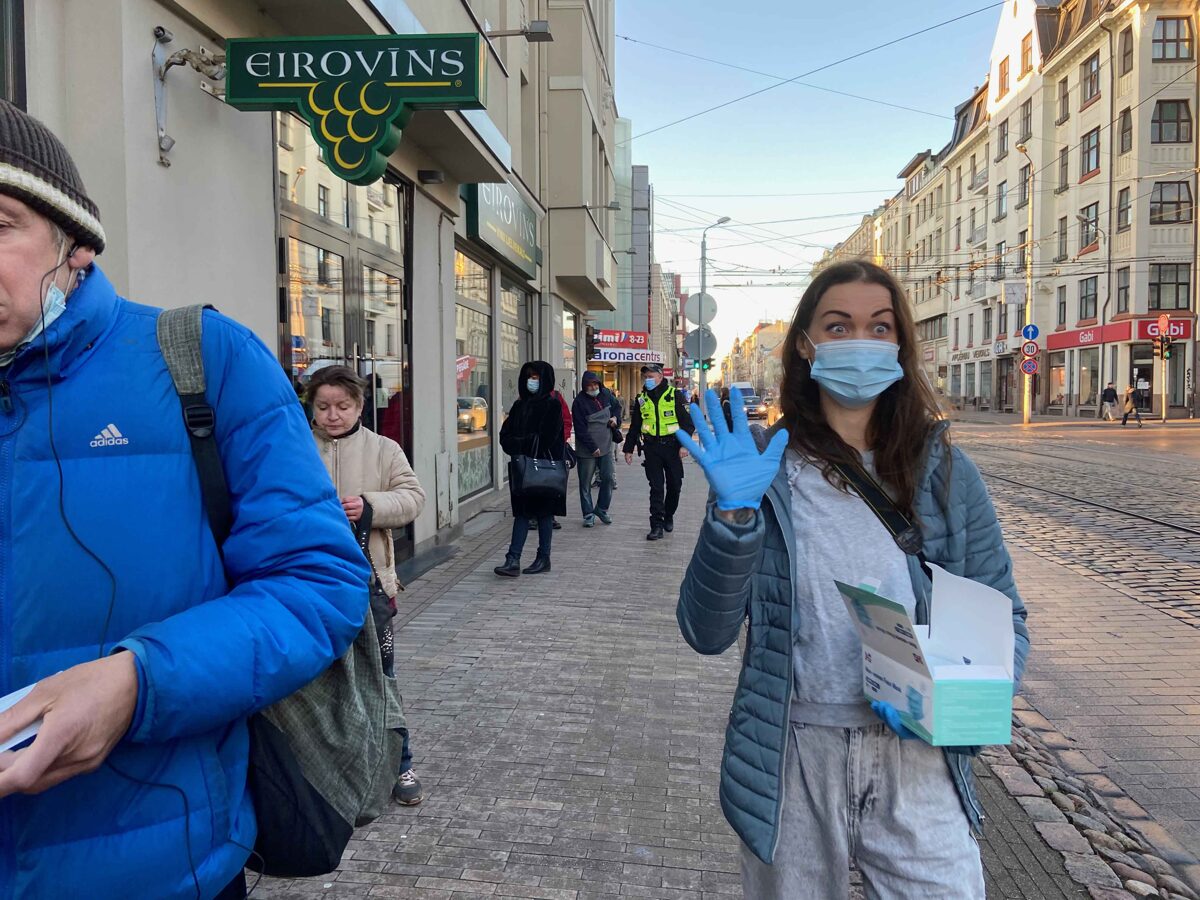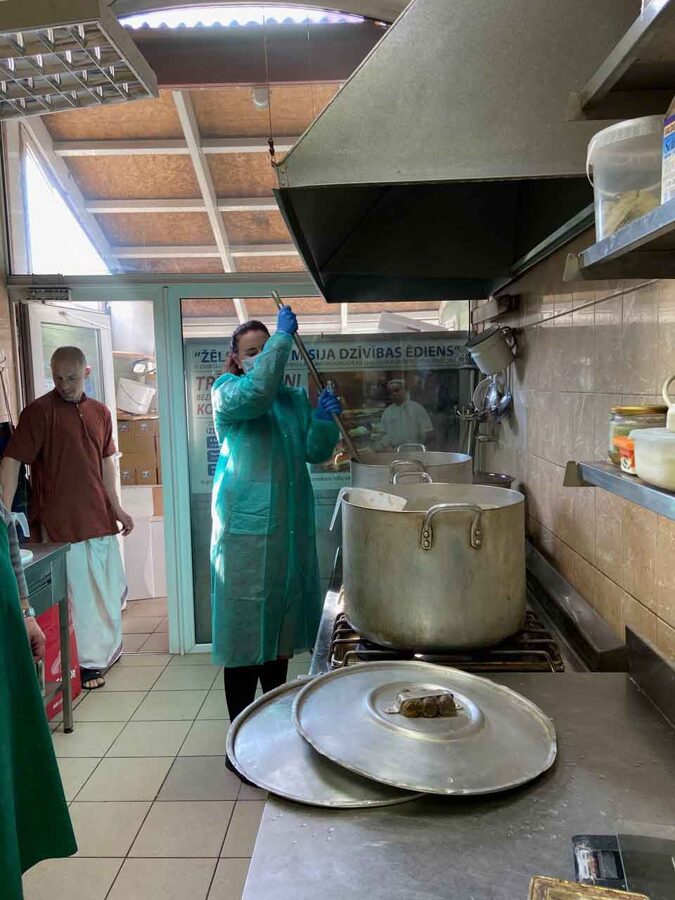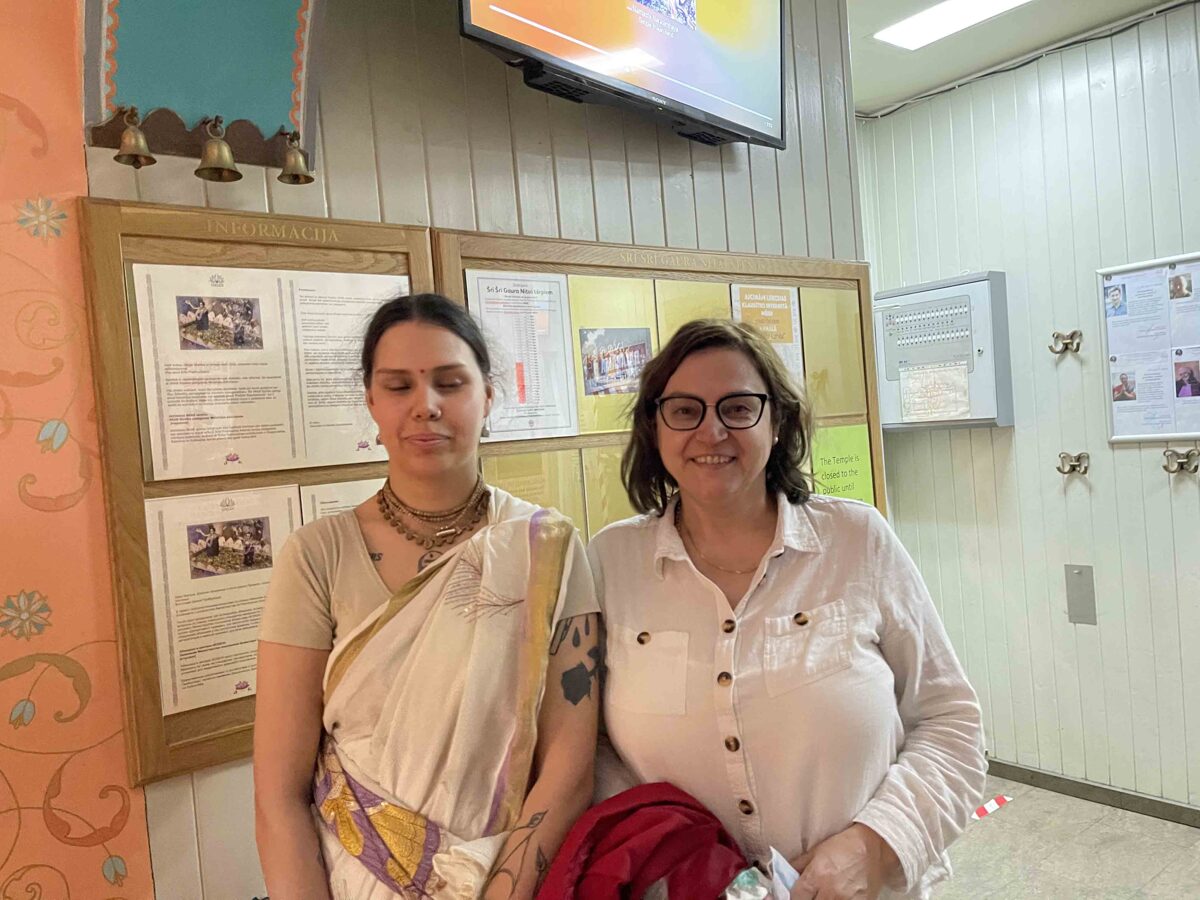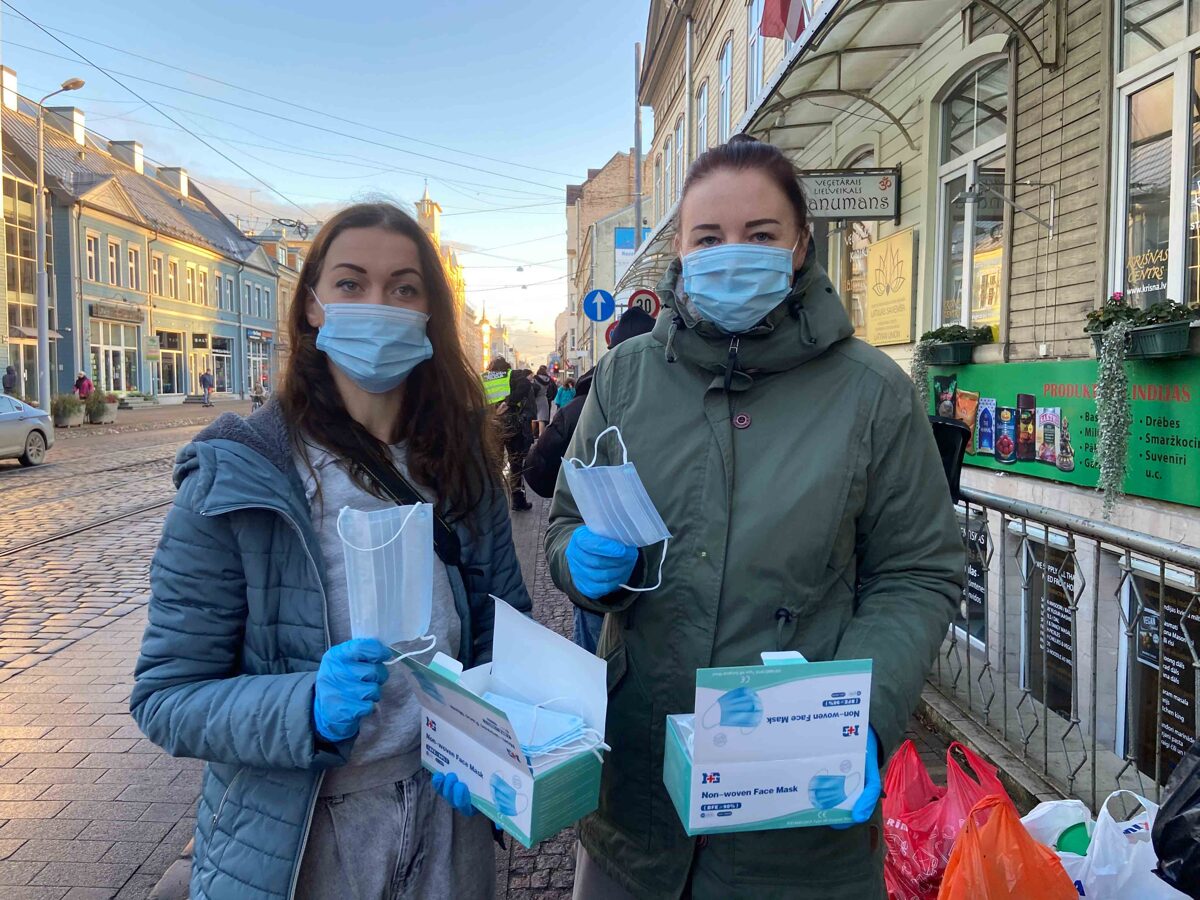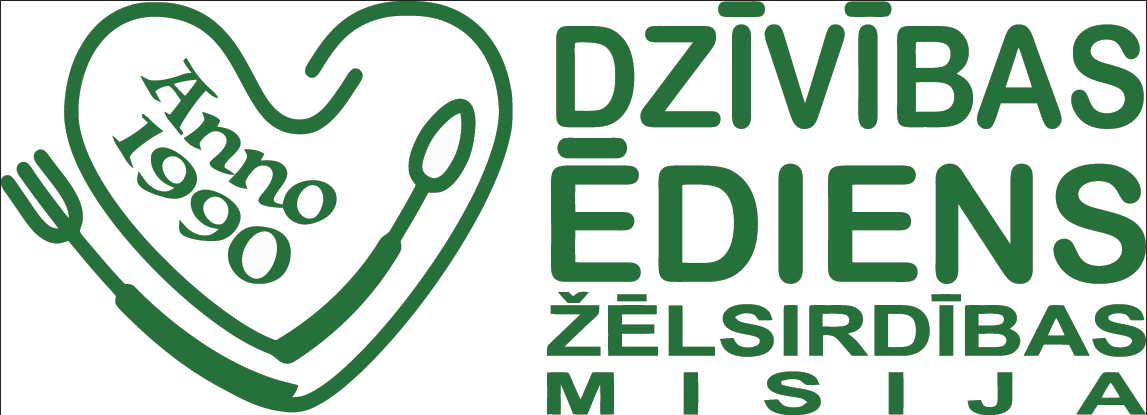

About
Food Recycle Pot is a European Solidarity project that is meant to bring marginalised groups of people together to eat like one big happy family. The team that is working through this project is securing quality fresh food from various sources and cooks that food to distribute among the hungry people, thus fighting against poverty which is one of the main causes for the marginalisation of people. Poverty is an unfortunate situation that makes people feel unimportant and fearful. When it comes to food, they may not eat very healthy, and therefore their situation takes them downwards.
Description
We based our organisation in Riga because it is the capital of Latvia and this is the first place where we should make living conditions better. There are wealthy people living in Riga, and there are also those who struggle. We believe that the food is the prime necessity of every living being, and that is why we decided that we will focus our solidarity on providing good quality food for free. We contacted big food sellers like Maxima, Orkla and Gemoss and agreed with them to collect food which was still good but otherwise would be wasted. We distributed it among the needy.
Our objectives
We are a team of youth volunteers living in the Riga area, and we care about food. We do not like to see food wasted, and we do not want to see people go hungry. We understand that the grocery shops, supermarkets and restaurants are concerned mainly about their profit and that they are not willing to pay their staff to give away free food. We also understand that it takes some more time and organisation to make it happen. We have therefore come up with a plan that we will do something about it, we have seen some good examples from other parts of the world that used to struggle with hunger. So, we thought of a food recycling system.
Activities
We found a proper kitchen for the budget we can afford. We installed cooking places to prepare fresh food and an oven for reheating the food. we start presented our solidarity project to the big companies that have the problem of food waste. Maxima, Orkla and Gemoss agreed to become donors. As collected out of best before date food from various sources and distributed it efficiently. 25 more volunteers joined our project. We had a number of cooking courses for new volunteers and some of recipients.
As result of our last year solidarity project we accomplished very good acheivements. Our kitchen place is established and we have most of the equipment needed, and we have agreements with food whosale and retail food companies to use their leftovers of products, we already have proper cooking facilities, and we have established a good organisation of activities.
Result
As part of project was starting ongoing cooperation program with largest Latvian supermarket chain “Maxima Latvija”. In this project three large “Maxima” supermarkets 7 days a week donate to “Dzivibas Ediens” 1-1.5 tons of food with overdue expiry date (such food according to Latvian government regulations can be given to charities to be distributed within 2 days to 2 months from expiry date, accordingly to type of food). More than 30 youth volunteers were a part of this project organizing pick up of food from supermarkets, then sorting and packaging food on the day of delivery and finally cooking and distributing food in packages (primarily fruits, vegetables and bread) for people in need next day.
How we managed
We used scrum method of management. Which means, we had a scrum master (our leader Liva), who gave us different tasks to express our vision in collective brainstorming sessions.
Particularly we had the following tasks:
- Sprint: iterative time boxes in which a goal is accomplished. The time frame does not exceed one calendar month and is constant throughout the development process.
- Sprint planning: where the entire Scrum team get together – at the beginning of every Sprint – to plan the upcoming Sprint.
- Daily Scrum: 15-minute time-boxed meeting held at the same time, every day of the Sprint, where the previous day’s achievements are discussed, as well as the expectations for the following one.
- Sprint review: an informal meeting held at the end of every Sprint where the Scrum team present their Increment to the stakeholders and discuss feedback.
- Sprint retrospective: a meeting where the Scrum team reflect on the proceedings of the previous Sprint and establish improvements for the next Sprint.
Encountered difficulties
Kitchen spaces and facilities in the beginning were right enough to accomodate all the donated food and to process it. However, later we had unexpectedly tonns of donated food. Fortunalely, we found space in nearby rooms. Also one of our donnars donated a big gas stove - so we solved also the problem of deficient equipment. We had to invent many new methods of processing and preserving products - that was also unexpected in the beginning, but all together we found great ideas for that.
Our coach
In this workshops we also used Youthpass to frame our learning results.


